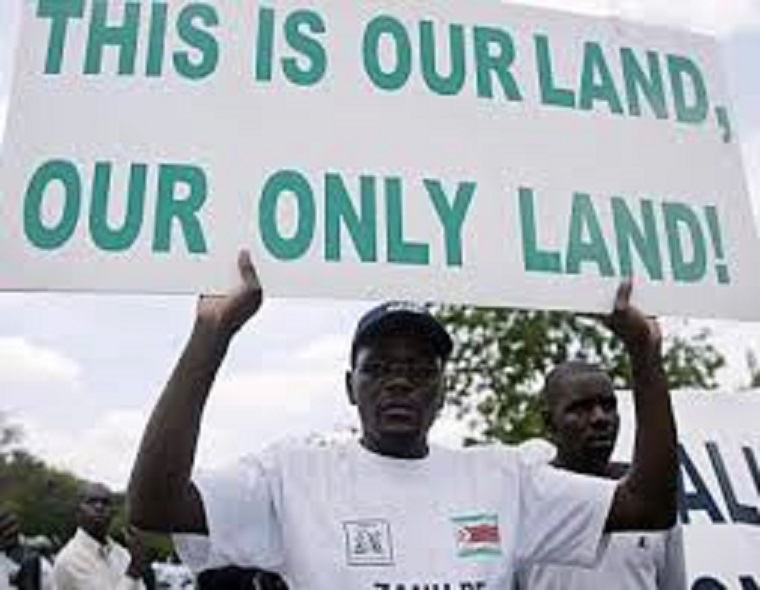 Robert Mugabe, the Zimbabwean leader who just died, makes an easy figure for the right-wing media to hate, and the cruelty, corruption and absurdities of the latter part of his overlong rule justify much of it.
Robert Mugabe, the Zimbabwean leader who just died, makes an easy figure for the right-wing media to hate, and the cruelty, corruption and absurdities of the latter part of his overlong rule justify much of it.
But the slightest analysis of the hatred being expressed reveals it to feed a variety of British imperialist tropes that persist to an alarming degree into the 21st century: that Africans cannot govern themselves and were better off under white rule and even that black people cannot farm.
The justified criticisms of human rights abuses perpetrated by Mugabe very seldom recount the atrocities perpetrated by white rule in Zimbabwe.
Mugabe himself was incarcerated without trial for over 10 years, in dreadful conditions, merely for speaking out against the colonial government, a fact that must have had a major psychological impact.
It is also worth emphasizing that Mugabe was imprisoned without trial by the British authorities of Southern Rhodesia, before the declaration of the Unilateral Declaration of Independence – a fact I struggle to find in any of the MSM obituaries.
The accepted narrative on Mugabe in power is that for over 10 years he governed well, following Western economic norms and rubbing along with the white population as though they were all fine English gentlemen together, notably patronizing cricket and crucially making no effort to redress white economic privilege.
Yet it was this “good” Mugabe who turned on the minority Ndebele tribe, massacring over 10 000 and ousting his Ndebele deputy, Joshua Nkomo (who had arguably contributed rather more to the liberation struggle).
But as this did not especially annoy the IMF or compromise the interests of British American Tobacco, Western criticism was very muted.
To be fair, Mugabe’s government did make notable advances in education and in healthcare in this period.
Mugabe had to stop playing the English gentleman when popular discontent at the failure of independence to improve the economic position of the ordinary Zimbabwean led to the unthinkable possibility of electoral defeat.
The dual strategy of harsh repression of critics and a populist and highly corrupt program of land seizures was a panicked response that ushered in two decades of spiraling decline for the country.
But consider this.
Continued next page
(128 VIEWS)


